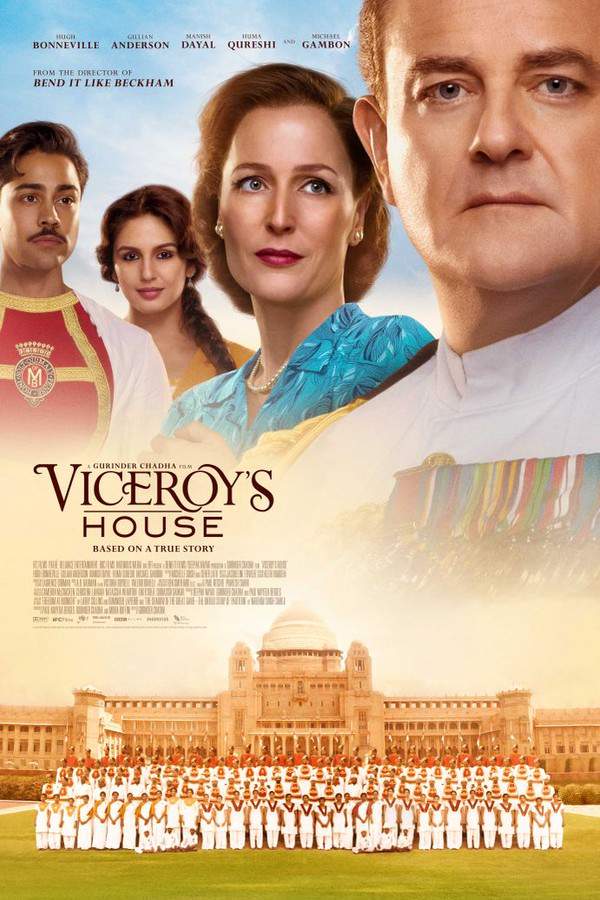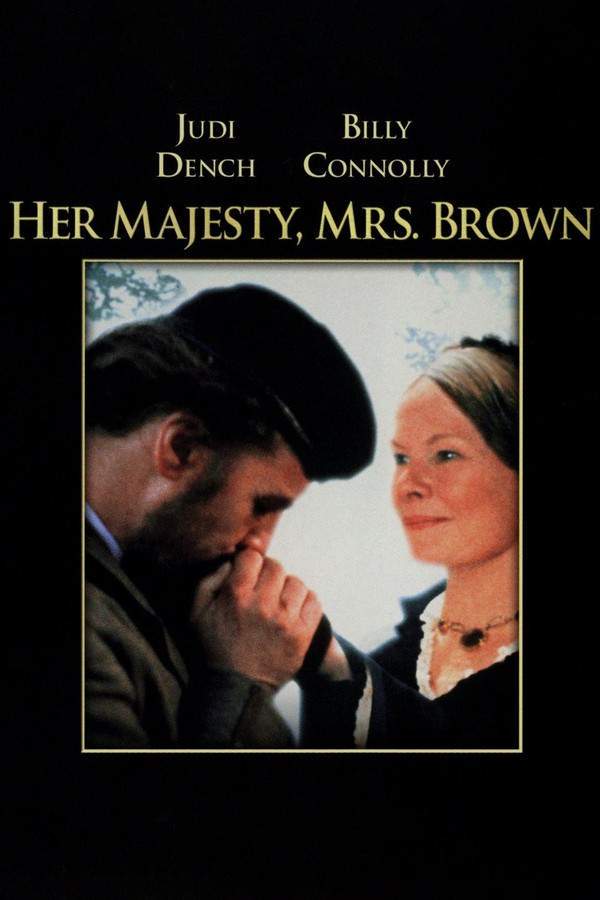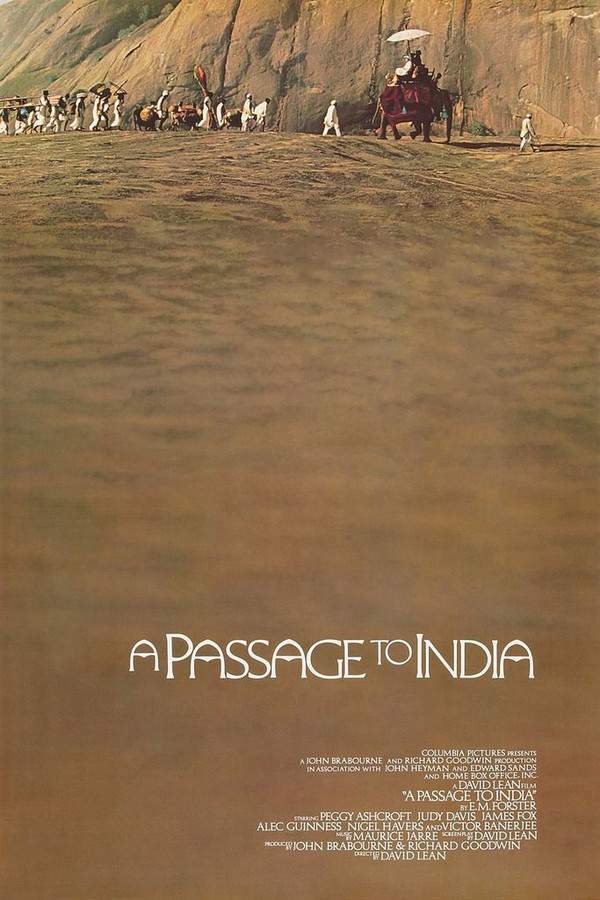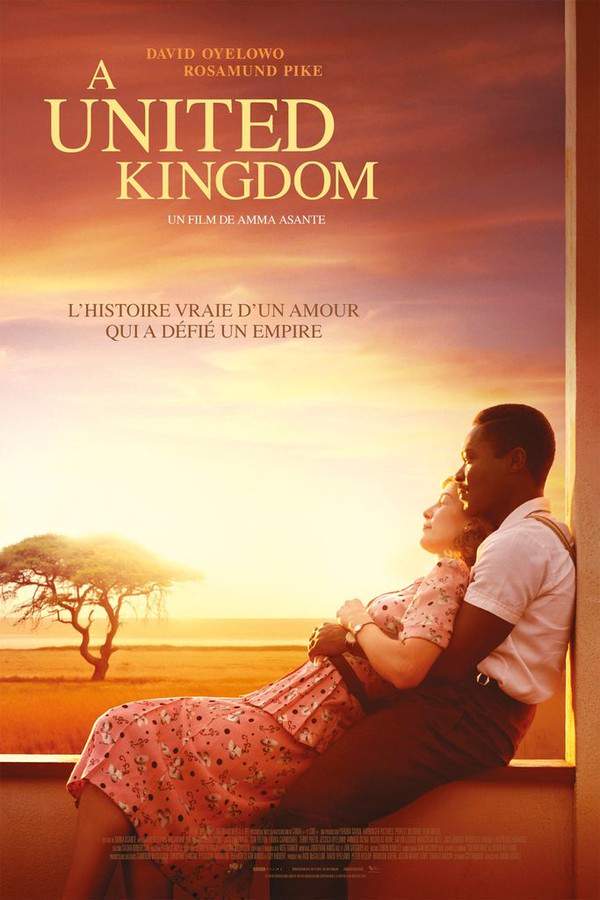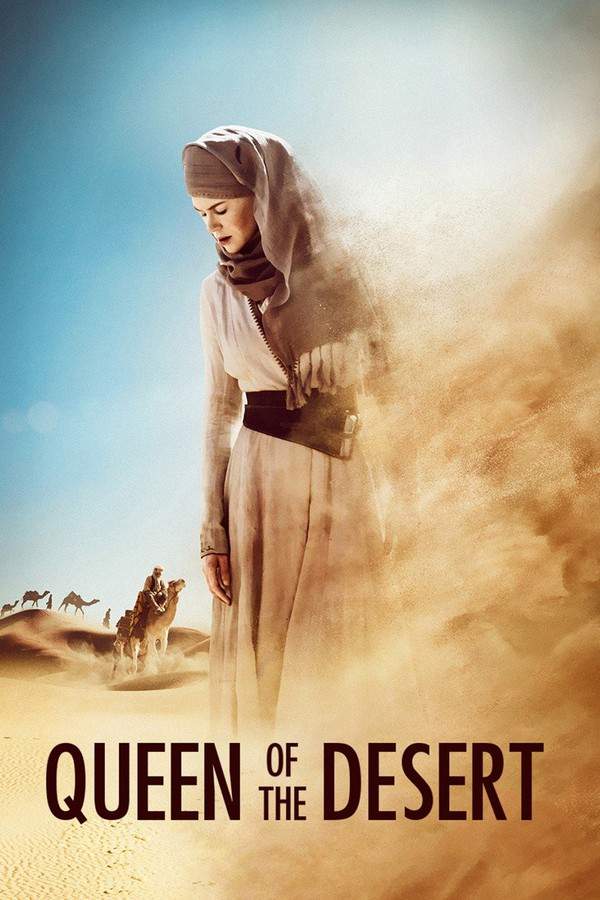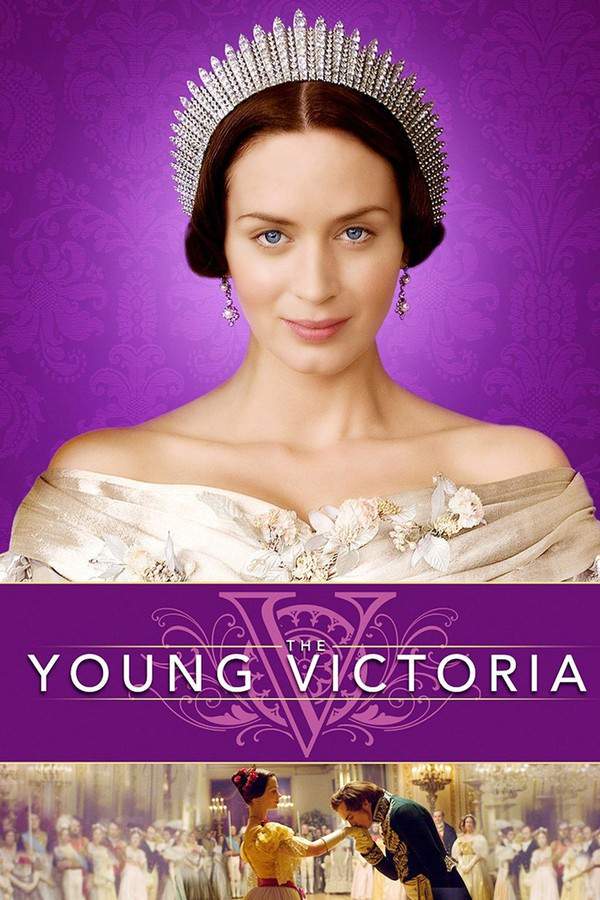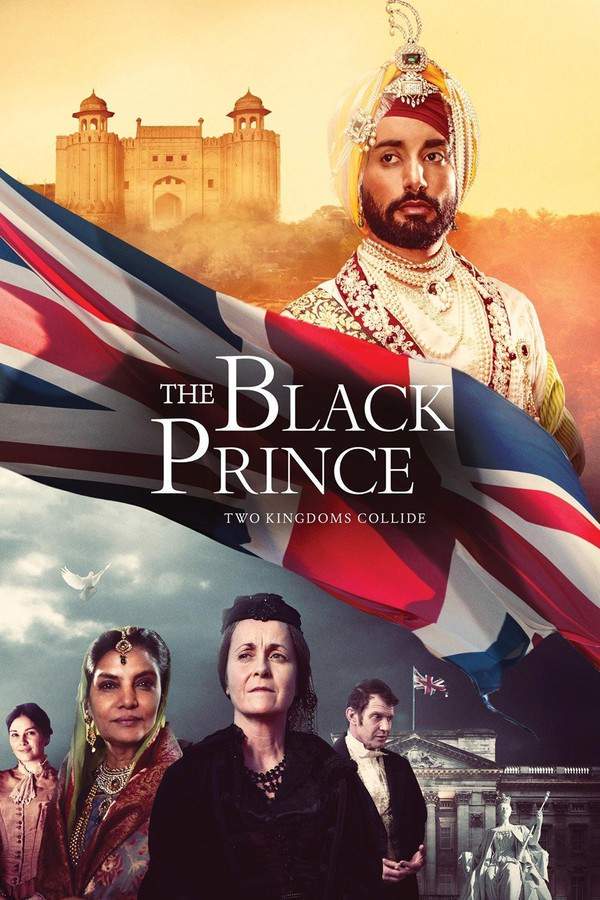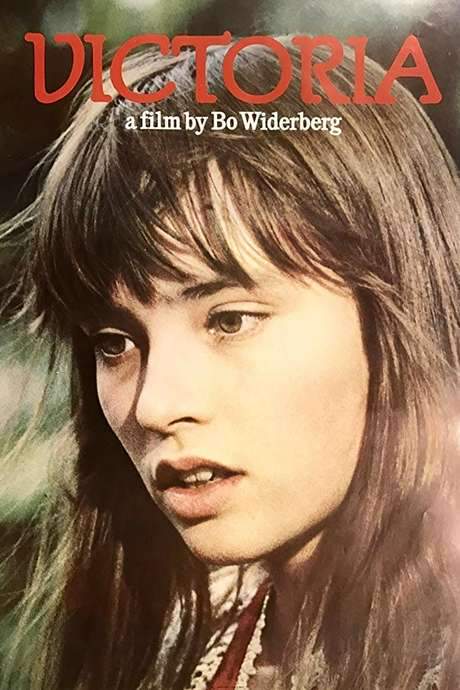Victoria and Abdul 2017
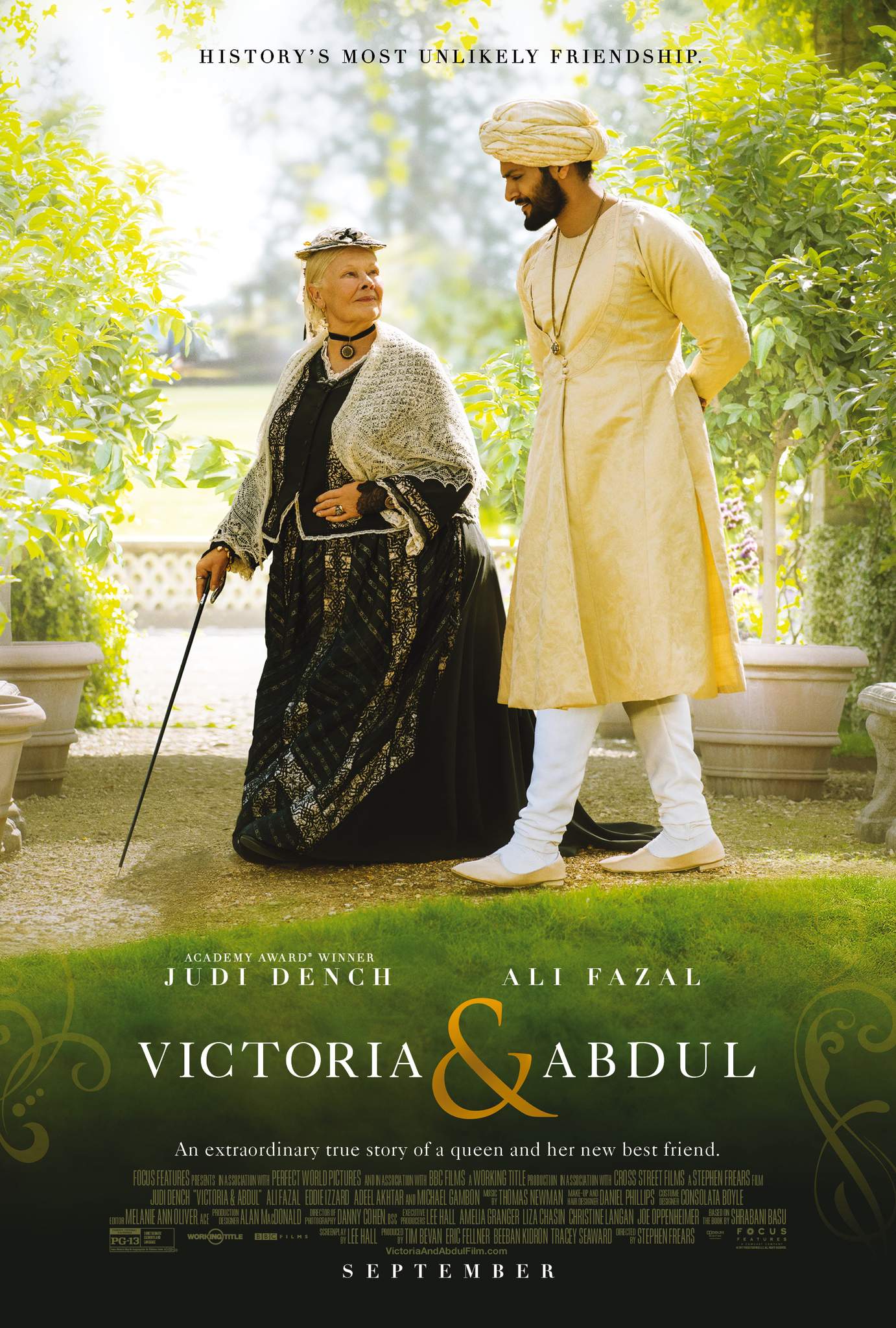
In the later years of her reign, Queen Victoria forges an unlikely friendship with Abdul Karim, a young Indian man who becomes her confidant and teacher. Their bond challenges Victorian-era customs and prejudices, creating controversy within the royal court. Victoria rediscovers a sense of purpose and joy through their connection, leading to significant changes within her household and a deeper understanding of different cultures.
Does Victoria and Abdul have end credit scenes?
No!
Victoria and Abdul does not have end credit scenes. You can leave when the credits roll.
Meet the Full Cast and Actors of Victoria and Abdul
Explore the complete cast of Victoria and Abdul, including both lead and supporting actors. Learn who plays each character, discover their past roles and achievements, and find out what makes this ensemble cast stand out in the world of film and television.
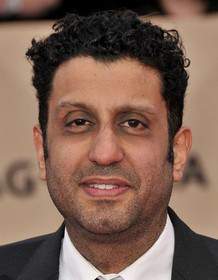
Adeel Akhtar
Mohammed

Olivia Williams
Lady Churchill

Judi Dench
Queen Victoria

Michael Gambon
Lord Salisbury

Tim Pigott-Smith
Sir Henry Ponsonby

Simon Callow
Puccini

Paul Higgins
Dr. Reid

Fenella Woolgar
Miss Phipps

Julian Wadham
Alick Yorke
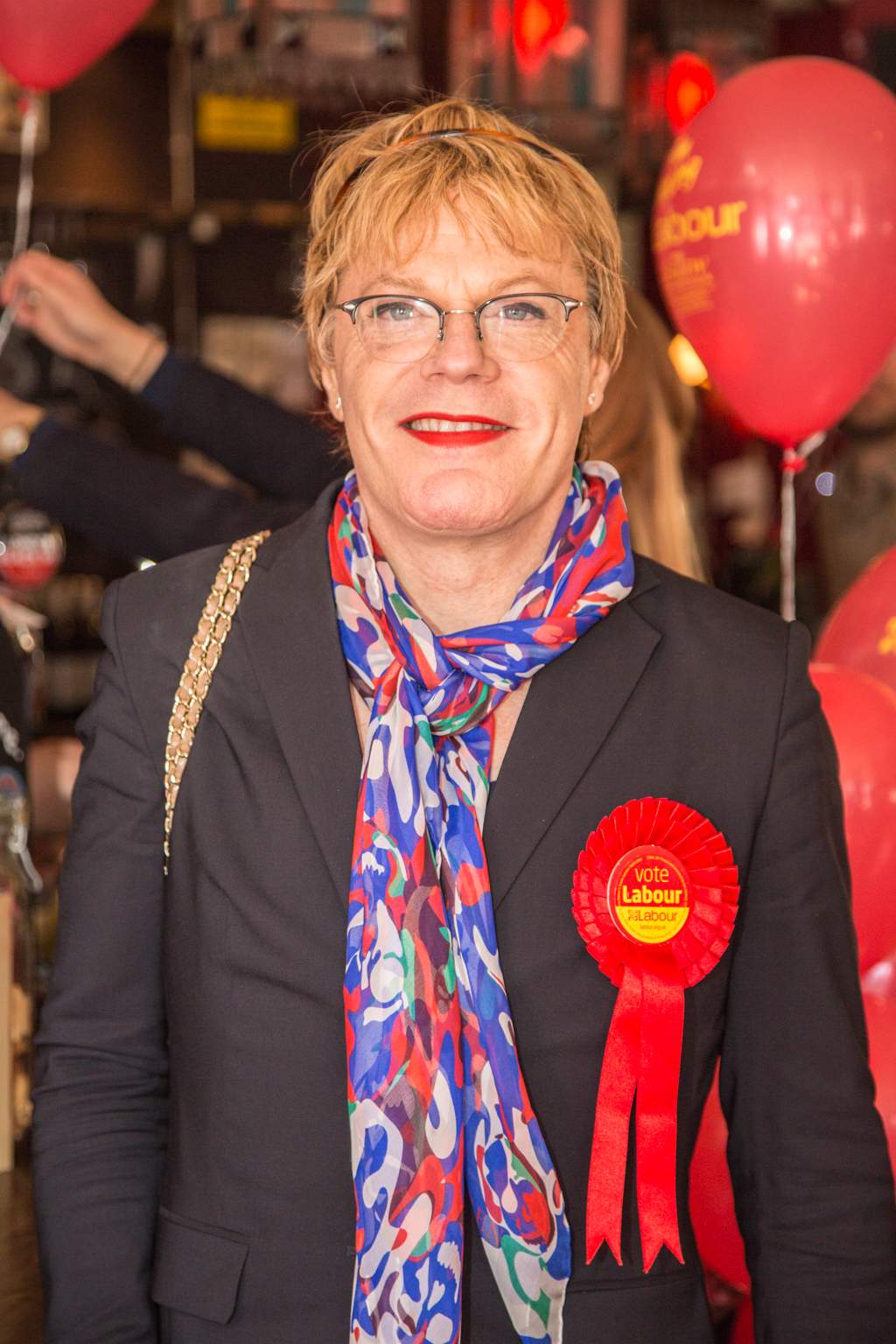
Eddie Izzard
Bertie, Prince of Wales

Ali Fazal
Abdul Karim
External Links and Streaming Options
Discover where to watch Victoria and Abdul online, including streaming platforms, rental options, and official sources. Compare reviews, ratings, and in-depth movie information across sites like IMDb, TMDb, Wikipedia or Rotten Tomatoes.
Ratings and Reviews for Victoria and Abdul
See how Victoria and Abdul is rated across major platforms like IMDb, Metacritic, and TMDb. Compare audience scores and critic reviews to understand where Victoria and Abdul stands among top-rated movies in its genre.

The Movie Echo Score
In its blend of accomplished performances and refined production, the film excels in visual and emotional appeal while showing some narrative unevenness. Judi Dench’s portrayal anchors the film with steady emotional resonance, and the period design consistently delivers sumptuous detail. However, the pacing occasionally feels restrained and the story lacks deeper complexity. Overall, the film leaves a generally positive impression tempered by modest story limitations.
The Movie Echo Score Breakdown for Victoria and Abdul

Art & Craft
When it comes to direction and cinematography, the film consistently presents elegant framing and measured pacing. The production design is marked by lavish costumes and detailed set pieces that convey period authenticity. Editing transitions smoothly between intimate moments and broader tableaux, though a few sequences could feel more compact. In sum, the art direction and visual craftsmanship reliably enhance the film’s historical atmosphere.

Character & Emotion
In terms of acting and character depth, the film is anchored by Judi Dench’s nuanced lead performance and Ali Fazal’s quietly compelling work. Emotional resonance emerges in their evolving rapport, displaying sincere warmth. Supporting roles enrich the dynamic with moments of humor and tension. Overall, the character portrayals remain the film’s most consistent asset.

Story & Flow
When assessing plot coherence and engagement, the narrative offers a straightforward account of an unconventional friendship but lacks deeper dramatic complexity. Pacing is generally measured, though certain stretches feel overly familiar or light in conflict. The thematic underpinnings of cultural exchange surface intermittently but are not fully developed. Overall, the story succeeds in basic engagement but falls short of resonating more profoundly.

Sensory Experience
When considering the soundtrack and visual style, the film presents a lush score that underscores emotional beats and transitions. Sound design remains clear though unremarkable, while the cinematography emphasizes color contrast and period-appropriate textures. The visual cohesion between landscapes and interior scenes enhances atmosphere. Altogether, the sensory elements contribute solidly to the immersive period experience.

Rewatch Factor
In view of replay value and lasting appeal, the film’s charm chiefly arises from its lead performances and visual detail, inviting another viewing for those elements. However, the moderate narrative depth and predictable structure may reduce motivation for repeat watches. While moments of humor and thematic reflection endure, the overall modest emotional weight may limit long-term reengagement. Net rewatch interest remains fair but constrained.

58
Metascore
6.1
User Score

6.8 /10
IMDb Rating

69
%
User Score

3.1
From 18 fan ratings

3.86/5
From 7 fan ratings
Take the Ultimate Victoria and Abdul Movie Quiz
Challenge your knowledge of Victoria and Abdul with this fun and interactive movie quiz. Test yourself on key plot points, iconic characters, hidden details, and memorable moments to see how well you really know the film.
Victoria and Abdul Quiz: Test your knowledge on the intriguing relationship between Queen Victoria and Abdul Karim in the film 'Victoria and Abdul'.
What is the primary reason Abdul Karim travels to Britain?
To seek employment
To present a Mohur to Queen Victoria
To escape British India
To learn English
Show hint
Full Plot Summary and Ending Explained for Victoria and Abdul
Read the complete plot summary of Victoria and Abdul, including all major events, twists, and the full ending explained in detail. Explore key characters, themes, hidden meanings, and everything you need to understand the story from beginning to end.
In 1887, during the era of British India, a young prison clerk named Abdul Karim is summoned to Britain to attend Queen Victoria’s (Judi Dench) Golden Jubilee. He carries with him a unique gift—a Mohur, a gold coin minted in honor of the occasion, as a token of gratitude from India. Coming from a Muslim, Urdu-speaking background and a family known for supplying exquisite carpets to the Royal household, Abdul is accompanied by Mohammad Bakhsh on this significant journey.
At the luxurious ceremony, both men face the awkwardness of waiting hours until they can partake in the meal, only permitted to eat after the Queen has finished her course. To add to the peculiar experience, the Queen dozes off mid-meal! But when it’s time for Abdul and Mohammad to present the Mohur, despite being instructed to avoid eye contact, Abdul inadvertently meets the Queen’s gaze as he retreats, sparking a curiosity in her.
Lonely and weary of her sycophantic courtiers, Queen Victoria becomes intrigued by Abdul, particularly his charm and good looks. Both men are invited to extend their stay in England, where at a subsequent event, Abdul finds himself serving jelly to the Queen, even going so far as to kiss her feet in a grand display that leaves everyone astonished. Recognizing his talents, Victoria appoints Abdul as her personal butler and learns he possesses a rich understanding of their shared culture, including stories of the Taj Mahal and the nuances of Indian cuisine.
As their friendship blossoms, Abdul becomes increasingly integral to Victoria’s life, leading to tension with Henry Ponsonby, her official private secretary, who feels overshadowed by Abdul’s rising influence. In response to her son’s discontent regarding her relationship with Abdul, Victoria retreats to a smaller estate seeking personal solitude, where she freely shares her life with him. A profound bond forms, culminating in the Queen giving Abdul a special bejeweled locket containing her portrait, alongside promoting him to her esteemed Munshi, which elevates his status within the palace from mere servant to trusted confidant.
Victoria’s newfound interest in Indian culture leads to the creation of the Durbar Room at Osborne House, reflecting her admiration for her friend’s heritage. With exquisite decorations, including Agra carpets and a replica of the famous Peacock Throne, the room symbolizes her affection for Abdul, who is seen more like a son than a subordinate.
However, their closeness draws ire from her household, especially from her son, Bertie, and members of the cabinet, who work to sever their connection. Tensions flare when the Queen recounts an embarrassing misrepresentation of the Indian Rebellion of 1857 at court, which compromises her trust in Abdul. Though she initially decides to send him back to India, her heart quickly sways back, insisting he remain.
Further complications arise when inquiries into Abdul’s background reveal his humble origin as merely a prison clerk and uneducated man, contrary to his claims of nobility. Despite the physician, Dr. Reid, uncovering Abdul’s unfortunate health condition, the Queen consistently defends him. Her loyalty shines through as she plans to award him with a knighthood.
As mounting pressures force the Queen to reconsider her relationship with Abdul, she confronts her entire household, ultimately deciding to honor him as a Commander of the Royal Victorian Order instead of a knight. Nevertheless, as Victoria’s health deteriorates, she urges Abdul to leave before her inevitable passing, warning him of the dangers that will follow.
In 1901, upon the Queen’s death, her son, now King Edward VII, turns against Abdul, destroying all memorials, gifts, and ties to the late Queen, and sending Abdul and his family back to India. Despite this, Abdul’s wife treasures the locket given to him by Victoria, a poignant reminder of their enduring bond.
The film closes with a moving scene of Abdul, kneeling before a prominent statue of Queen Victoria near the Taj Mahal, paying respects and sharing his heartfelt sentiments, capturing the profound and complex relationship between a monarch and her beloved aide.
Uncover the Details: Timeline, Characters, Themes, and Beyond!

Coming soon on iOS and Android
The Plot Explained Mobile App
From blockbusters to hidden gems — dive into movie stories anytime, anywhere. Save your favorites, discover plots faster, and never miss a twist again.
Sign up to be the first to know when we launch. Your email stays private — always.
Watch Trailers, Clips & Behind-the-Scenes for Victoria and Abdul
Watch official trailers, exclusive clips, cast interviews, and behind-the-scenes footage from Victoria and Abdul. Dive deeper into the making of the film, its standout moments, and key production insights.
Victoria and Abdul Themes and Keywords
Discover the central themes, ideas, and keywords that define the movie’s story, tone, and message. Analyze the film’s deeper meanings, genre influences, and recurring concepts.
Victoria and Abdul Other Names and Titles
Explore the various alternative titles, translations, and other names used for Victoria and Abdul across different regions and languages. Understand how the film is marketed and recognized worldwide.
Similar Movies To Victoria and Abdul You Should Know About
Browse a curated list of movies similar in genre, tone, characters, or story structure. Discover new titles like the one you're watching, perfect for fans of related plots, vibes, or cinematic styles.
Quick Links: Summary, Cast, Ratings, More

What's After the Movie?
Not sure whether to stay after the credits? Find out!
Explore Our Movie Platform
New Movie Releases (2025)
Famous Movie Actors
Top Film Production Studios
Movie Plot Summaries & Endings
Major Movie Awards & Winners
Best Concert Films & Music Documentaries
Movie Collections and Curated Lists
© 2025 What's After the Movie. All rights reserved.













